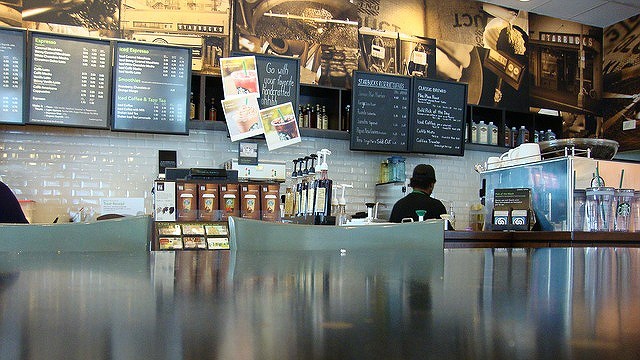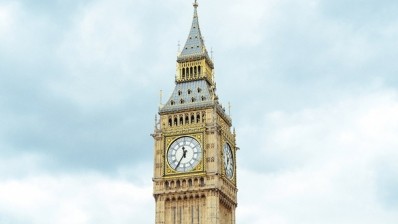How will the rising Living Wage affect hospitality?

With hospitality set to be one of the hardest hit sectors, the Government has faced criticism for failing to consult with the industry before announcing the rise. So what does this all mean for hospitality?
Businesses ‘losing control’
Jawaid Rehman, employment partner at national law firm Weightmans LLP, warned that rising costs could result in job losses across restaurants, hotels and pubs.
“Employers are effectively losing a large element of control over what they pay some of their staff, therefore they may have to make difficult organisational decisions resulting in contractual changes such as reducing or stopping bonus payments and cutting back on other employee benefits,” he said.
Greater London Assembly Conservative member Tony Arbour warned last year that introduction of a compulsory Living Wage could cost UK businesses £4bn – the equivalent of over 213,000 jobs in the hospitality sector.
But Rehman believes that employers may initially face undertaking a complete overhaul of their company's pay structure.
“There might be issues around pay scales if the new Living Wage means an employee’s pay is inflated to a level where they are being paid as much as their supervisor," said Rehman.
Such changes could see employers facing in a rise in complaints from members of staff and risk expensive tribunal claims.
“As a part of this overhaul it is important the pay adequately reflects the value of the different roles, so a job evaluation study might be appropriate," said Rehman.
“Employers need to be sure that they are carrying out modelling exercises at an early stage so that they are clear on how they will implement the change in a way which minimises the risk of employee relations issues and any associated claims."
Living Wage cost pubs
Wetherspoon chairman Tim Martin has warned that rising wages will hit hospitality businesses far harder than other sectors such as retail.
He said: “The average price of a pint in a supermarket is less than £1 and we estimate staff costs to be around 10 per cent or 10 pence. In contrast, a pint in a pub costs around £3 and staff costs are about 25 per cent or 75 pence. Increased labour costs therefore affect pubs with far greater force than supermarkets.”
Martin stressed that introducing the Living Wage would place further strain on jobs in the already pressured pub industry.
"Pubs contribute around 40 per cent of sales as taxes and are important generators of jobs. Capricious initiatives by the government, widening the financial disparity between pubs and supermarkets, will threaten the future of many more pubs,” he said.
Uncertain future
London Mayor Boris Johnson told the BHA’s Hospitality and Tourism Summit earlier this month that the Living Wage could be ‘made to work’ for businesses.
“Firms that pay the Living Wage find that they have higher loyalty and productivity from staff, lower staff turnover and HR costs,” he said.
However, The British Hospitality Association (BHA) said a ‘constructive dialogue’ was now needed with the Treasury over the realities of introducing the Living Wage in to ‘high service and very low margin’ hospitality businesses.

















